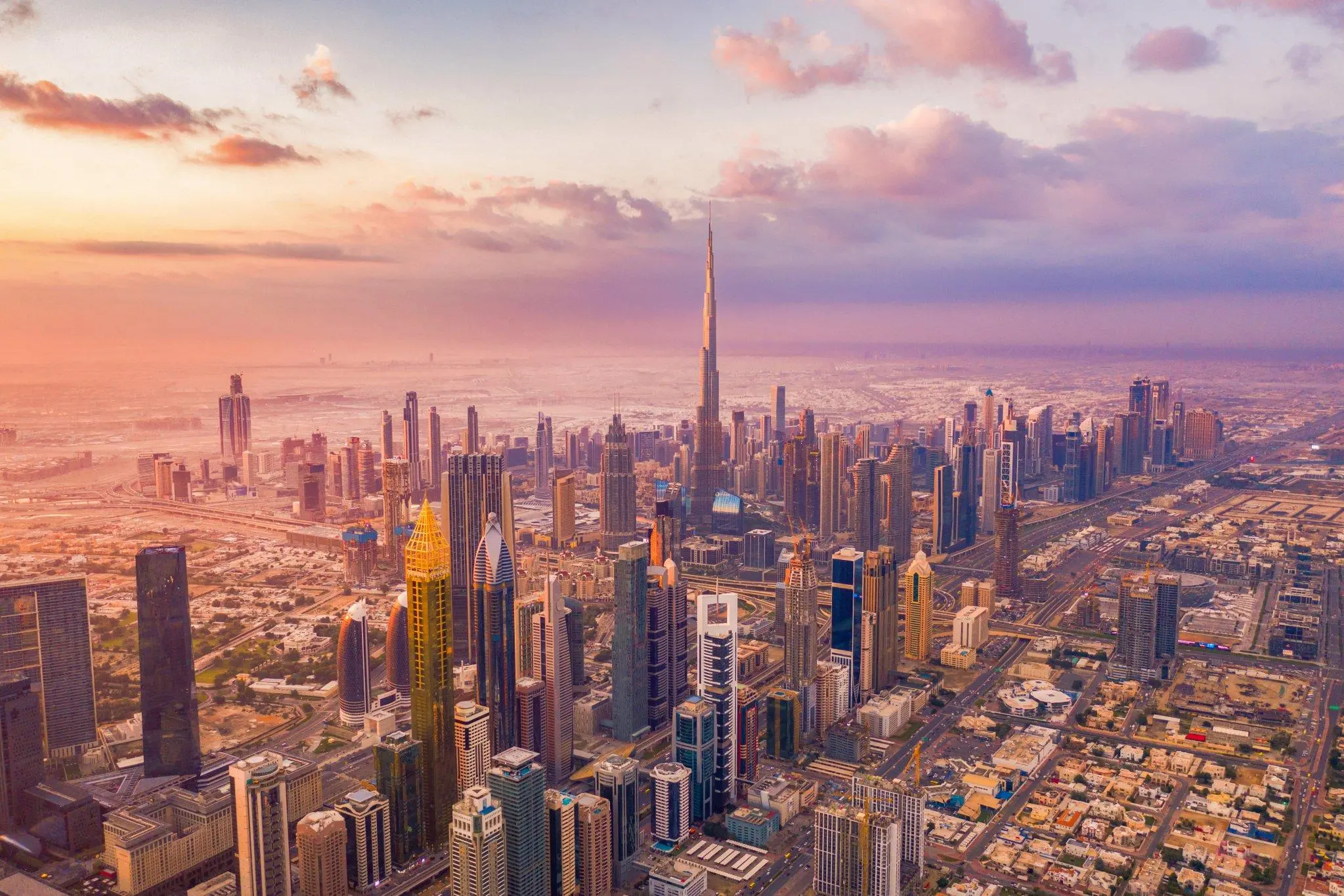PHOTO
Following delays in the openings of a number of hotels this year, new supply in the UAE is set to pick up in 2021 ahead of Dubai Expo in order to meet demand stemming from the growth of local and international tourists, according to experts.
Industry analysts predict that city hotels will perform better than beachfront properties as the meetings, incentives, conferences and exhibitions (Mice) sector recovers along with the opening up of the economy.
In a recent survey of 4,000 professionals across 130 countries conducted by Messe Frankfurt, Dubai was rated the safest location to host international events in the coming months.
Trade fairs, it pointed out, will play a critical role in a post-Covid restart.
The study covered a wide range of industry sectors from the auto aftermarket and commercial security to beauty and cosmetics, showing that 77 per cent of respondents viewed Dubai and Germany (41 per cent of respondents), as the safest destinations to attend exhibitions post-Covid-19.
Christopher Lund, head of hotels for Mena at Colliers International, expects over 8,000 hotel keys have been delayed in the UAE by a year in 2020 due to the massive impact of the outbreak on the sector and subsequent lockdowns and restrictions imposed on local and international travellers.
"The UAE is expected to welcome an additional 4,700 keys in the market in the second half of 2020, provided that there would not be any further delays caused by Covid-19. We have seen that over 8,000 keys have been delayed by a year in 2020," he said.
On March 23, the UAE suspended all international flights to contain the pandemic, resulting in foreign tourist inflow coming to a halt and domestic tourism also shrinking substantially due to restrictions on the movement of people.
According to Colliers International, the number of hotel keys is expected to increase by approximately 12,000 in the UAE by the end of 2021. Most of these openings are expected to be in Dubai, with approximately 8,000 keys opening in the emirate by the end of 2021.
"Hotels in the UAE continue to be adversely affected due to Covid-19. Hospitality markets have experienced double-digit decreases in occupancy levels. Even with the country slowly opening its boarders and re-opening flight routes from June 15, international tourist demand for hospitality offerings has not recovered during this summer period," added Lund.
However, performance during the fourth quarter - the peak hospitality season in the UAE - will be the best indicator on the recovery of international tourist demand in 2020, he stressed.
Colliers sees UAE hotel supply expanding at a compound annual growth rate of 11 per cent between 2020 and 2022, adding 26,000 keys in the market.
City hotels to lead
Daniel Harrison, associate partner at Cavendish Maxwell, said since the restrictions were put in place, hotels that remained open for business in the UAE sat at minimal occupancy levels.
"City hotels are expected to record improved performance once corporate and Mice travel resumes, but there will likely be a long-term reduction in occupancy as more businesses embrace video conferencing," said Harrison.
Anecdotal research says a typical hotel needs to maintain around 40 per cent occupancy to break even.
"This will be the priority for hospitality operators over the short-term and is evidenced by our most likely case scenario, which forecasts a 41.9 per cent occupancy rate with a gross operating profit of 4.2 per cent in the first year of the forecast, i.e. July 2020 to July 2021," added Harrison.
Copyright © 2020 Khaleej Times. All Rights Reserved. Provided by SyndiGate Media Inc. (Syndigate.info).





















